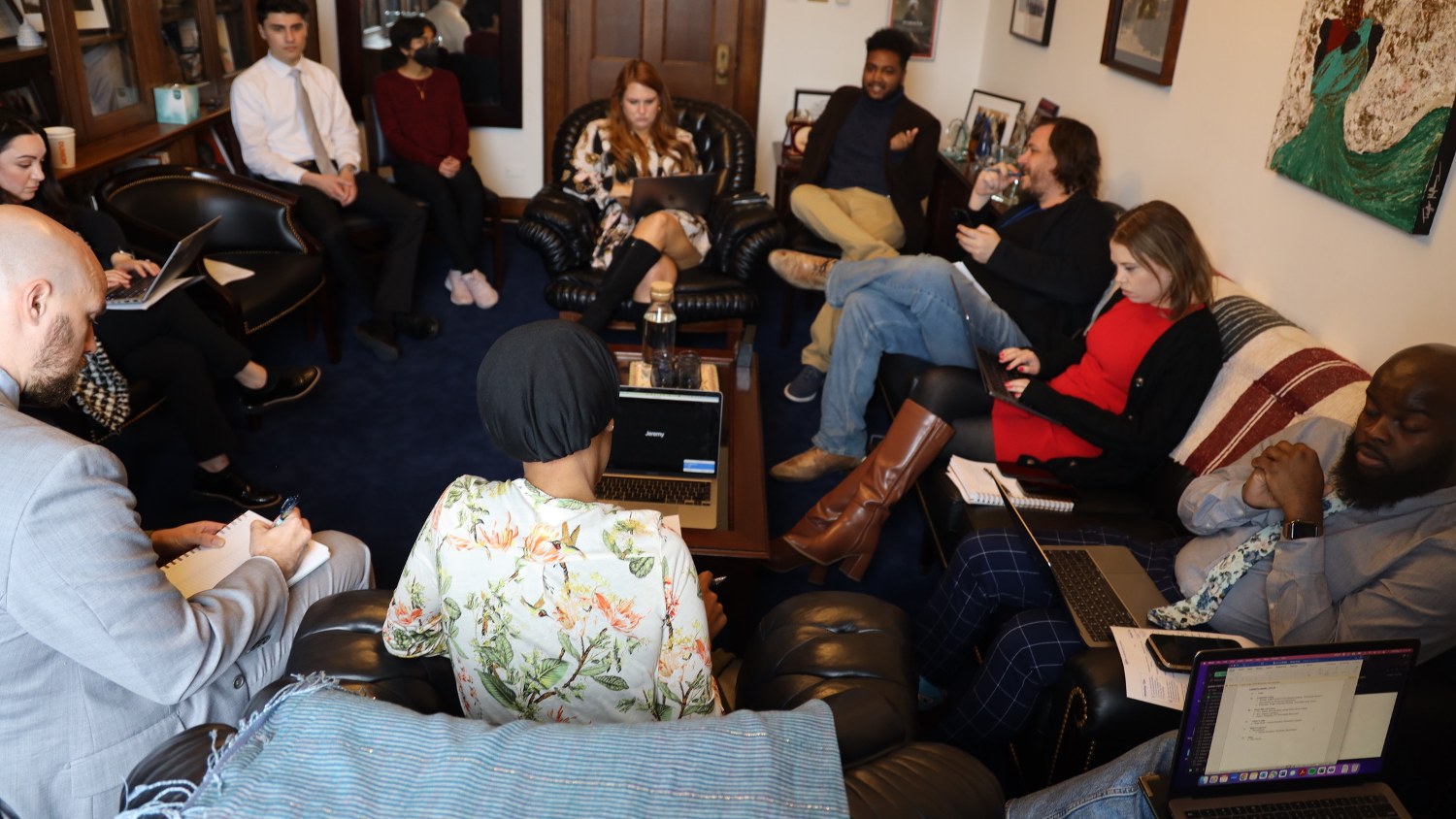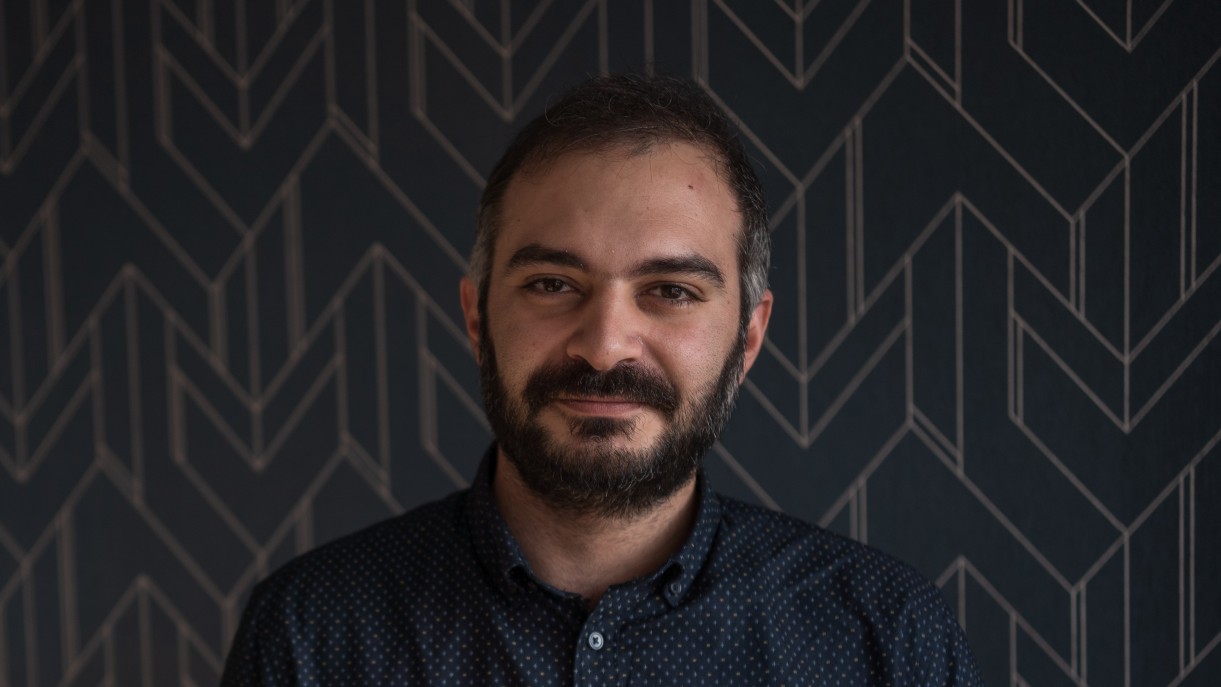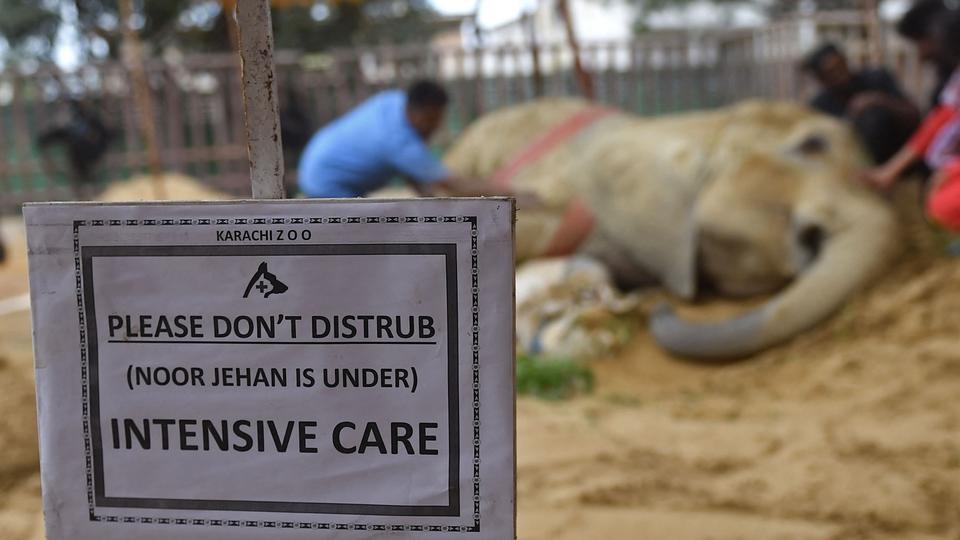A video posted by the Light a Candle organisation appeared to show activists praying against the 'Satanic curse' of the temple

An activist from Light a Candle prays at a Yazidi temple in Iraq (screenshot)
By Alex MacDonald
Published date: 21 April 2023
A video apparently showing evangelical Christians praying at what they brand a "Satanic" Yazidi temple in northern Iraq has sparked outrage.
Light A Candle, an organisation that professes to "shine the light and love of Jesus by preaching the Gospel", on Thursday posted a story on its Instagram page showing a number of its missionaries praying outside the temple overlayed with a caption reading "We see chains broken and the enemy's power defeated.
"So right now we just break the power of this temple, we break the power of the Satanic curse that it places on people who enter Jesus... and we curse all of the enemy that is attached to this, we say it will come to nothing," one of the activists can be heard saying in the video.
Social media users identified the temple as being near the Yazidi-majority town of Ba'adre, which is located in a region disputed between Baghdad and the autonomous Kurdistan Regional Government (KRG), though the latter is currently in control of the town.
Middle East Eye could not independently verify the location, however.
Yazidis have for centuries faced persecution from other Abrahamic religions which claim that Melek Taus, the central figure in the Yazidi religion, is analogous to Satan.
Accusations of Satanism have been used to justify numerous attacks on the group, including the massacre of thousands of Yazidi men, and the enslavement of thousands more Yazidi women, by the Islamic State group in 2014.
Online outrage
The video sparked outrage online with many questioning why the local authorities had allowed the visit to take place.
MEE contacted Light a Candle to ask if they stood by the implication of the Yazidi religion as akin to Satanism, but had received no response at time of publication.
Narin Briar, a Kurdish human right activist, said that the act was particularly offensive considering the "centuries of genocide and erasure" that Yazidis had faced.
'American Christian missionaries are hunting Yazidis , falsely labelling them as "Satanic" in their social media posts, in hopes of forcefully converting them and erasing their ancient culture even further'- Narin Briar, activist
"Just recently, the Yazidis fled the Ezidi Genocide at the hands of [the Islamic State]" she told MEE.
"Now, through an organisation called Light a Candle, American Christian missionaries are hunting Yazidis , falsely labelling them as 'Satanic' in their social media posts, in hopes of forcefully converting them and erasing their ancient culture even further."
Light a Candle was founded by Sean Feucht, a singer-songwriter and activist who claims to have had four number one albums in the Christian Worship section of iTunes.
The group has been involved in distributing aid to displaced people in northern Iraq, including Yazidis, but has also been accused of attempting to recruit Christian converts during their visits.
In the pinned tweet of his Twitter account, Feucht claims leftists have "hijacked" the minds of the younger generation and calls for "REVIVAL" as the solution, while lambasting such policies as student loan forgiveness, "open borders", abortion and LGBTQ rights and the "mutilation of children’s bodies".
A profile in Rolling Stone characterised Feucht as having a "far-right Christian nationalist agenda" and being a staunch supporter of former President Donald Trump. It also suggested he had made considerable sums of money out of his work, owning homes in the US valued at over $2m.
MEE also contacted the KRG for comment, but had received no response at the time of publication.






















